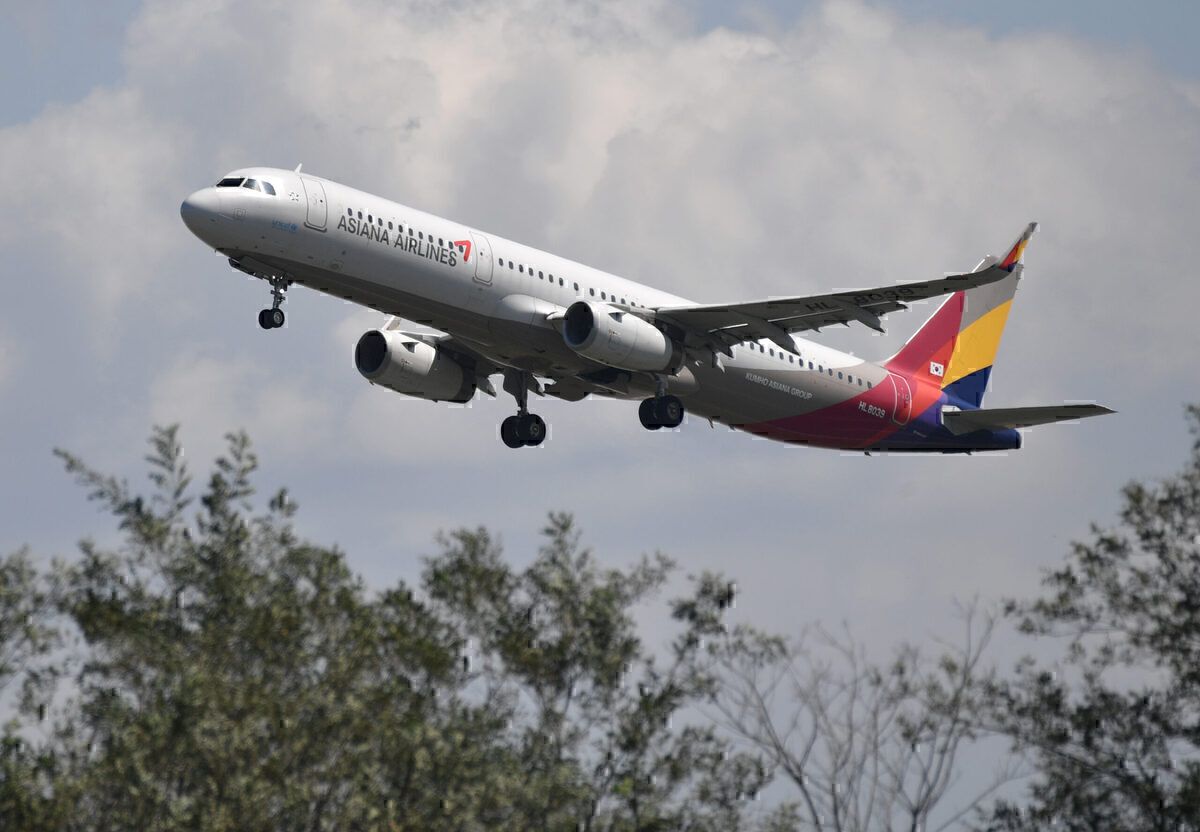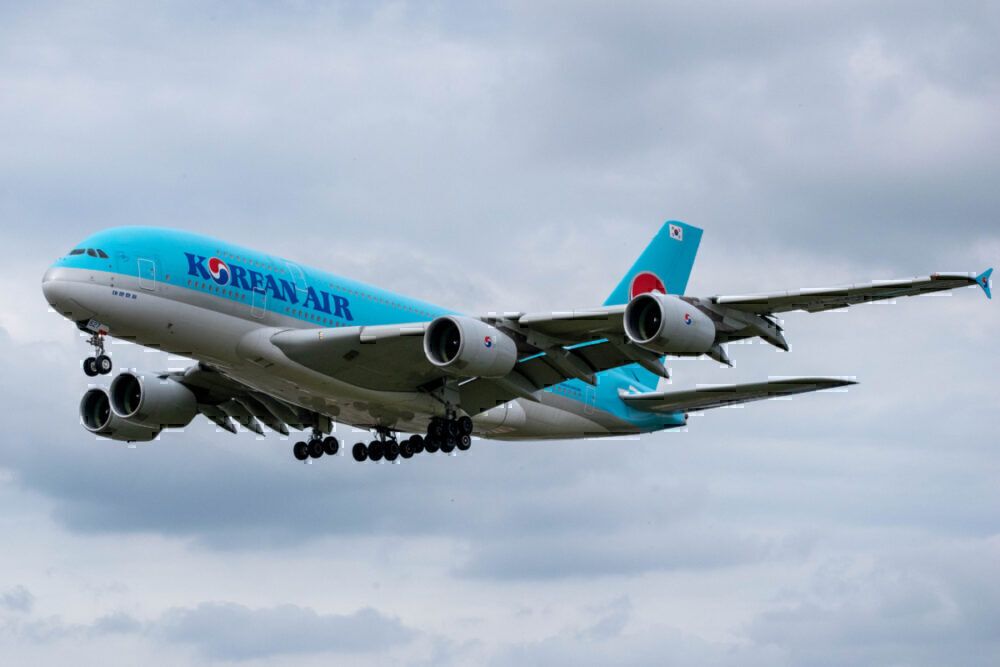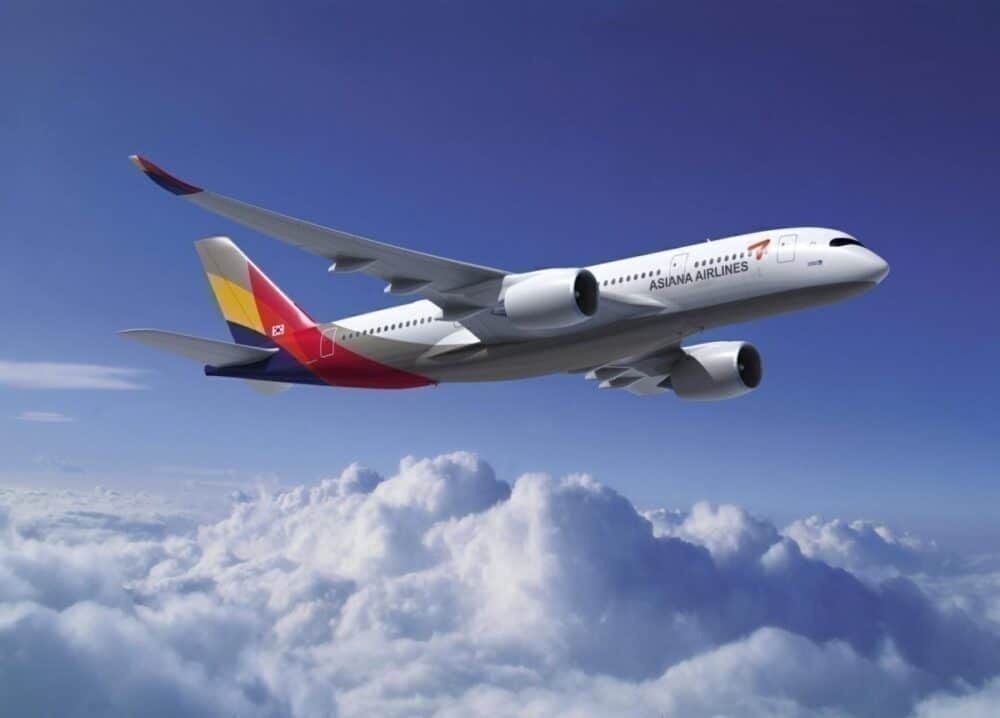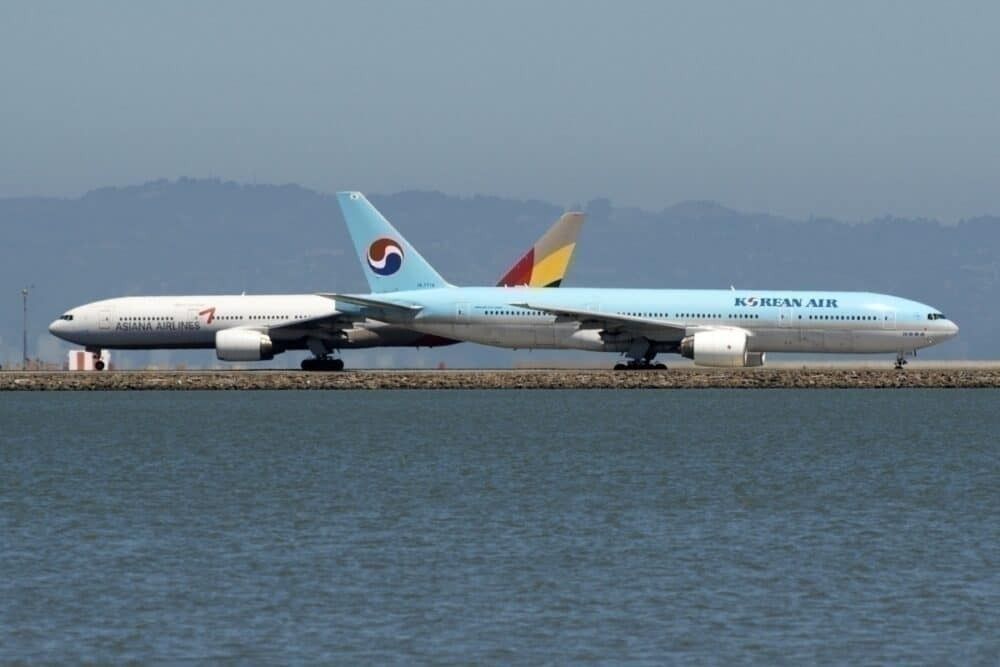South Korean conglomerate Hanjin Group, the owner of Korean Air, is weighing up a move to acquire rival Asiana Airlines. The company is in talks with Korea Development Bank (KDB), Asiana's primary creditor, to buy the troubled airline, which in June revealed debts exceeding $11bn.
Details of the venture
KED Global reports that Hanjin Group is likely to submit a letter of intent to KDB next week. The conglomerate will buy a 30.77% stake in Asiana Airline, with KDB set to inject hundreds of billions of Korean won into Hanjin Group to enable the purchase. If successful, the merger of South Korea's two largest airlines will establish one of the top 10 carriers worldwide.
Surprisingly, Asiana Airlines told Reuters they were unaware of any discussions taking place. Hanjin Group also revealed a final decision has yet to be made on the takeover, with executives still mulling over the details. KDB has claimed that the bid has been shared with relevant government agencies, including the South Korean transport and finance ministries.
Possible impediments to the deal
Insiders in South Korea have questioned whether or not the deal could ever take place. Asiana Airlines has already received significant cash injections from KDB to keep it afloat. Kang Sung-boo, head of Korea Corporate Governance Improvement (KCGI), told KED Global,
“For now, it’s uncertain how the KDB can provide Hanjin with the funds needed for the Asiana takeover. A rights offer through a third-party share placement with Hanjin may not be possible under the current law.”
However, other officials have speculated that Hanjin Group will press ahead with the deal to resolve an internal management dispute. Current Hanjin chairman, Cho Won-tae, is facing opposition from a three-party alliance within the company, which includes KCGI, former Korean Air vice president and sibling Cho Hyun-ah, and Bando Korea.
Troubled times for Asiana Airlines
Asiana Airlines has been in financial difficulty for several years. In April 2019, the airline urgently sought financial support due to liquidity problems. Things appeared to be looking up for the carrier by December after agreeing a $2.2bn deal with Hyundai Development Group. However, this September, the sale collapsed after Hyundai argued for better terms given the impact of COVID-19.
The carrier has long been in the shadow of South Korea's largest airline, Korean Air. In 2019, Korean Air revenues stood at 12.68 trillion won ($11.38bn), while Asiana Airlines revenues were 2.18 trillion won ($1.95bn). A Simple Flying comparison of the two airlines concluded Korean Air appears to be the better performing airline across metrics, including customer reviews and destinations.
Is this a smart move by Korean Air's owners or a gamble in uncertain times? Let us know your thoughts in the comments.




